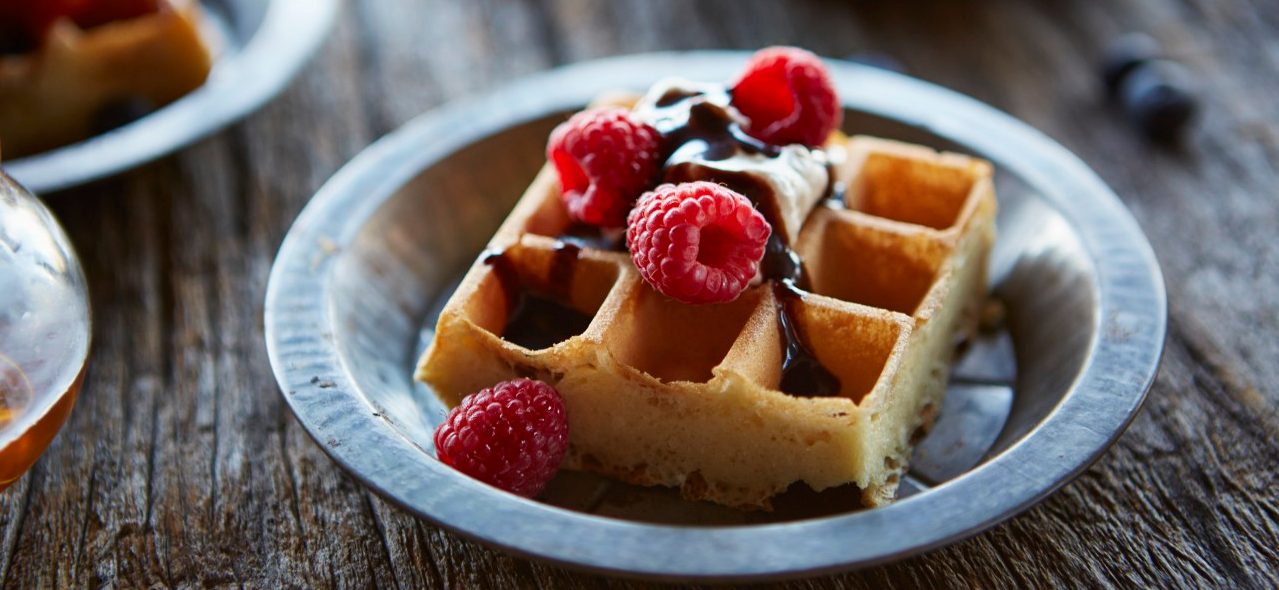What Are the Worst Foods for Diabetes?

Everyone is different, but one constant is controlling blood sugar, and the key is education toward moderation and health. Here are some of the worst foods for diabetes.
If you ask many dietitians, they are hesitant to talk about foods in terms of “good” and “bad,” or “eat this, not that.” The reason is simple. No one food is going to make or break your diet, or your quest for proper nutrition.
But, just as many will bend that rule of thumb when it comes to people with both type 1 and type 2 diabetes because you can make the argument that there are “good” foods and “bad” foods in terms of blood sugar levels.
YOU MIGHT ALSO LIKE: You Can Prevent Diabetes
Food to avoid if you have diabetes
We all need carbohydrates to live. They are the body’s fuel of choice. But there are nutrient-dense carbs that make blood sugar rise more slowly and then level off, and empty carbs that spike blood sugar quickly. Even most people with diabetes eat both kinds, the latter as more of an occasional treat.
The basic goal of nutrition for people with diabetes is to avoid blood sugar spikes. So, in terms of good or bad used loosely, you should limit simple sugars in your diet, including cakes, cookies, breads, and crackers, says Lauren Elkins, a dietitian Lauren Elkins at Marina Del Rey Hospital in Los Angeles, as they are some of the worst foods for diabetes. Instead, you should choose whole grain products with high fiber.
Adds Carolyn Dean, MD, the absolutely worst foods for diabetes are simple processed carbs, sugar products, fruit juice, and “even too much fruit,” as well as wheat products. Dean is a medical advisory board member for the non-profit Nutritional Magnesium Association. What works for one person with diabetes might not work for another. You need to find out which foods work, or don't, for you; test your blood sugar 2 hours after eating and you'll know how you react.
YOU MIGHT ALSO LIKE: Good Carbs, Bad Carbs: How to Make the Right Choices
List of foods to avoid for diabetics
Many lists contain specific foods that are said to be the worst foods for diabetes. An article in Diabetic Living includes nachos, coffee drinks, biscuits and sausage gravy, battered fish dinners, fruit juice beverages, deep-fried Chinese entrees, cinnamon rolls, restaurant French fries, purchased cookies, fried chicken, purchased pie, processed lunch meat, restaurant hamburgers, and frozen meals. It goes on.
If you have had diabetes for a while, you will recognize that specific foods are stand ins for those that, in general, are high in unhealthy fats, sugar, salt, calories, and carbs. That also makes them bad for the rest of the population. If you are newly diagnosed, you’re better off seeing a diabetic nutritionist, or a dietitian, who will take a broader view of what you should eat by category – and why – rather than tell you to lay off hamburgers. Your closest hospital probably offers diabetic education classes; you can also check out the American Diabetes Association for education materials or local consultations.
When you look for information online, look at lists of individual “bad” foods as cues to remind you that they’re not part of a healthy diet. If you have followed professional advice that puts you on track toward a healthy diet, you won’t be eating those anyway, or at least not often.
Put another way, you may find it more helpful in the long run to concentrate on what you should eat rather than what you shouldn’t. If you have diabetes and knowingly eat a lot of junk food, no number of bad food lists or media reports are going to change that.
That’s a behavioral issue likely to require professional intervention and a complete change in the way you think about food and your health. A psychologist can help.
How to stop eating the worst foods for diabetes
A paper in the Internet Journal of Endocrinology states that “ideally, when people learn new and complicated routines, they try out new behaviors in a gradual way, eventually making them part of a new routine. Yet, with diabetes the individual must quickly learn a large number of new behaviors and they must begin performing them all immediately and at once.”
“Psychologists can play a valuable role in helping people live well with diabetes. Diabetes presents a significant challenge and stress for diabetics and those around them. Therapists are well trained in behavior change interventions. They understand the problems in diabetes self -care and can help the client and her family to overcome obstacles and tackle difficulties encountered in diabetes care.”
You could argue that such an approach might make more sense, in the context of long-term or permanent dietary change, than photos of greasy food with the word “bad” next to them.
Updated:
February 21, 2020
Reviewed By:
Janet O’Dell, RN